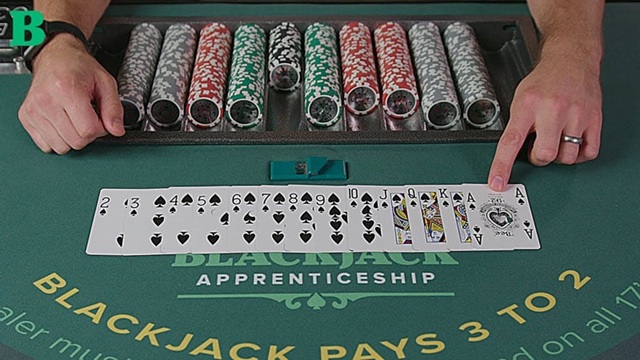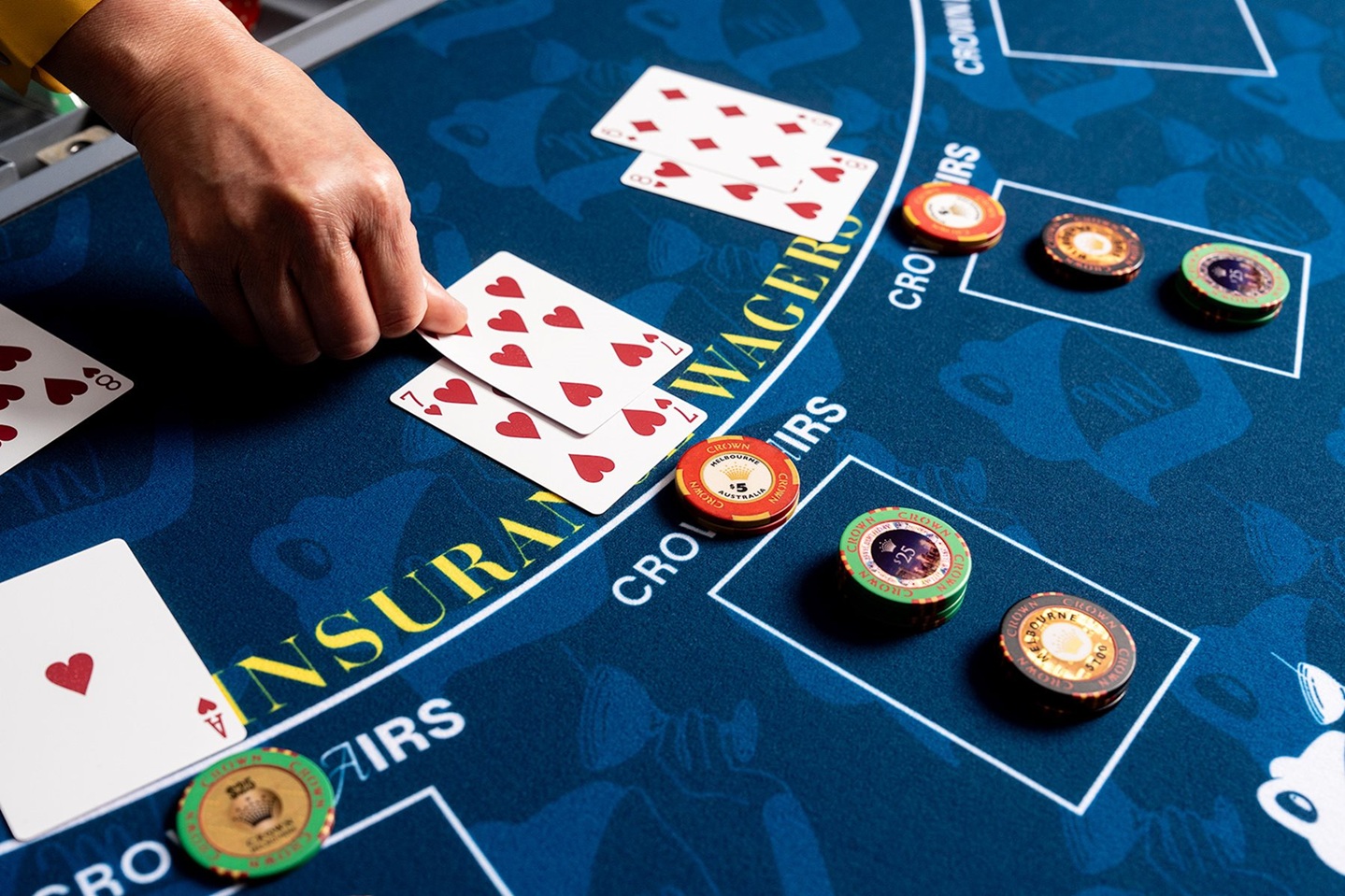If you’ve played blackjack before, you know the thrill of doubling down. It’s that moment when you look at your cards, feel a surge of confidence, and decide to double your original bet in exchange for just one more card. When it works, doubling down feels like the bold power move of a seasoned gambler. But when it doesn’t? Well, it’s the kind of decision that quickly leaves your chip stack looking a little too thin.
Pittsburgh, a city with a rich history of strategy and risk-taking, has embraced blackjack as one of its favorite table games. From the buzzing energy of Rivers Casino to neighborhood card games, doubling down mirrors Pittsburgh’s spirit of bold moves and calculated risks. But as any seasoned blackjack player will tell you, doubling down isn’t always the jackpot move it appears to be.
Here’s a closer look at why doubling down is so tempting, why it often backfires, and how Pittsburgh players can approach this move with a sharper strategy.
Why Doubling Down Feels Like a Power Play
Doubling down is tantalizing because of its promise of higher rewards. Imagine this scenario: You’re dealt a 10 and a 6, while the dealer shows a 5. Basic blackjack strategy suggests this is an optimal moment to double down. The probability of drawing a 10 or face card and reaching 20 feels too good to ignore. You double your bet, confident that this will be your big win.
The appeal of doubling down also lies in its high-stakes nature. Pittsburgh players, with their love of strategizing and bold decisions, can relate to the adrenaline rush of committing more chips for the chance of a bigger payoff. After all, Pittsburgh’s gaming culture celebrates both calculated risks and the thrill of decisive gameplay.
How It Can Quickly Backfire

While doubling down can lead to big payouts, the move is far from foolproof. Blackjack, as much as it relies on strategy, is ultimately a game of probabilities. And those probabilities can betray even the smartest players.
- One Card to Rule Them All
The most significant risk of doubling down is that you’re committing to receiving just one additional card. If you double down on a 16 and pull a 5, congratulations! You’ve hit 21. But if that card is a 2 or a face card, you’re stuck at a mediocre hand while the dealer still has a chance to pull ahead.
- The Dealer’s Comeback
Another reason doubling down often backfires is that it assumes favorable odds for your hand while discounting the dealer’s potential. That dealer showing a 5? They might end up drawing a 6 and a 10 for a total of 21, crushing your cautious double-down dreams in one swift move.
- Overconfidence Depletes Your Bankroll
For novice players in Pittsburgh, doubling down can become a slippery slope, leading to reckless overconfidence. Consistently doubling down in less-than-ideal situations, such as with a weak hand or against a dealer showing a strong card, can drain your bankroll faster than you realize.
Navigating Doubling Down with Strategy
Doubling down isn’t inherently bad—in fact, when used correctly, it’s one of the most advantageous moves in blackjack. The key is knowing when to play it smart and when to fold the temptation.
Stick to the Basics
Basic blackjack strategy provides clear rules for doubling down:
Double down when you have 9, 10, or 11, and the dealer’s upcard is weak (2 through 6).
Avoid doubling down when the dealer shows a high card (7 through Ace).
Be Aware of Table Rules
Some blackjack tables in Pittsburgh limit doubling down to specific hands or restrict it to totals of 10 or 11. Knowing the rules in advance ensures you’re maximizing your chances.
Manage Your Bankroll
Doubling down requires doubling your bet, so it’s essential not to overextend yourself. Only double down when you’re confident and can afford the added risk without jeopardizing your entire game.
Final Thoughts
Doubling down in blackjack is as exciting as it is risky. Pittsburgh players, known for their calculated risks and love of strategy, can thrive by using this move wisely and sparingly. Understanding when to make your bold play and when to hold back is what separates the novice from the skilled blackjack player.
Next time you’re tempted to double down at a table in Pittsburgh, remember: it’s not just about the thrill of the decision. It’s about knowing if the risk aligns with the reward. Play smart, Pittsburgh, and may the cards be in your favor!

